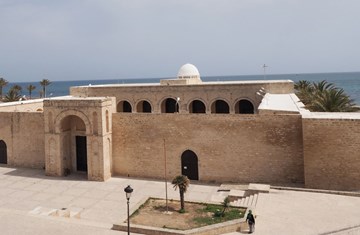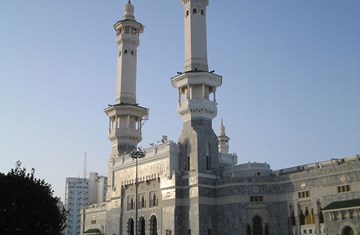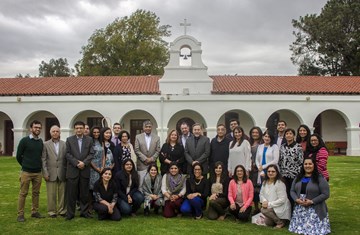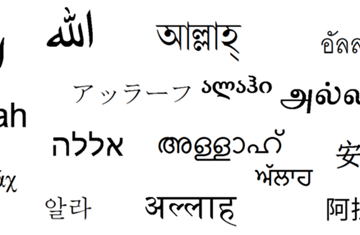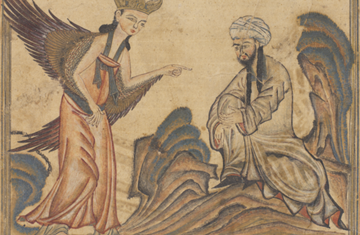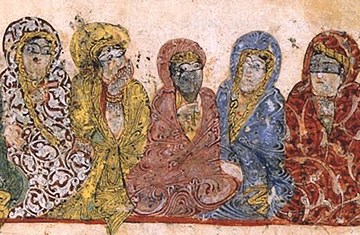Combating Religious Intolerance: A Perspective from Muslim Contexts
Keywords: Pluralism, Tolerance, Constitution of Medina, People of the Book, Rasa'il Ikhwan al -Safa', Andalucia, multiculturalism, Attar, The Conference of the Birds.
Abstact: The lecture draws upon both British and Muslim history to explore the consequences of religious and cultural intolerance in societies and looks at ways in which such intolerance can be overcome. Through examples from architecture, literature and history, Professor Nanji brings out the pluralistic nature of the cultural heritage of different groups and challenges the notion of an essentialised or pure culture. The lecture concludes by discussing the possibilities of multi-culturalism in contemporary times and addresses the need to draw upon knowledge and learning, irrespective of its origin.
Author

Professor Azim Nanji
Azim Nanji is currently Special Advisor to the Provost of the Aga Khan University, and a member of the Board of Directors of the Global Centre for Pluralism in Ottawa, a joint partnership between His Highness the Aga Khan and the Government of Canada. He has held many prestigious academic and administrative appointments, most recently as Senior Associate Director of the Abbasi Program in Islamic Studies at Stanford University, where he was also lecturer in the Department of Religious Studies. From 1998 to 2008, Professor Nanji served as Director of the Institute of Ismaili Studies in London.
Professor Nanji has published numerous books and articles on religion, Islam and Ismailism, including: The Nizari Ismaili Tradition (1976), The Muslim Almanac (1996), Mapping Islamic Studies (1997) and The Historical Atlas of Islam (with M. Ruthven) (2004) and The Dictionary of Islam (with Razia Nanji), Penguin 2008. In addition, he has contributed numerous shorter studies and articles in journals and collective volumes including The Encyclopaedia of Islam, Encyclopaedia Iranica, Oxford Encyclopaedia of the Modern Islamic World, and A Companion to Ethics. He was the Associate Editor for the revised Second Edition of The Encyclopaedia of Religion.
Within the Aga Khan Development Network, he has served as a member of the task force for the Institute for the Study of Muslim Civilisations (AKU-ISMC) and Vice Chair of the Madrasa-based Early Childhood Education Programme in East Africa. He served as a member of the Steering Committee of the Aga Khan Award for Architecture in 1998, 2001 and 2016.

